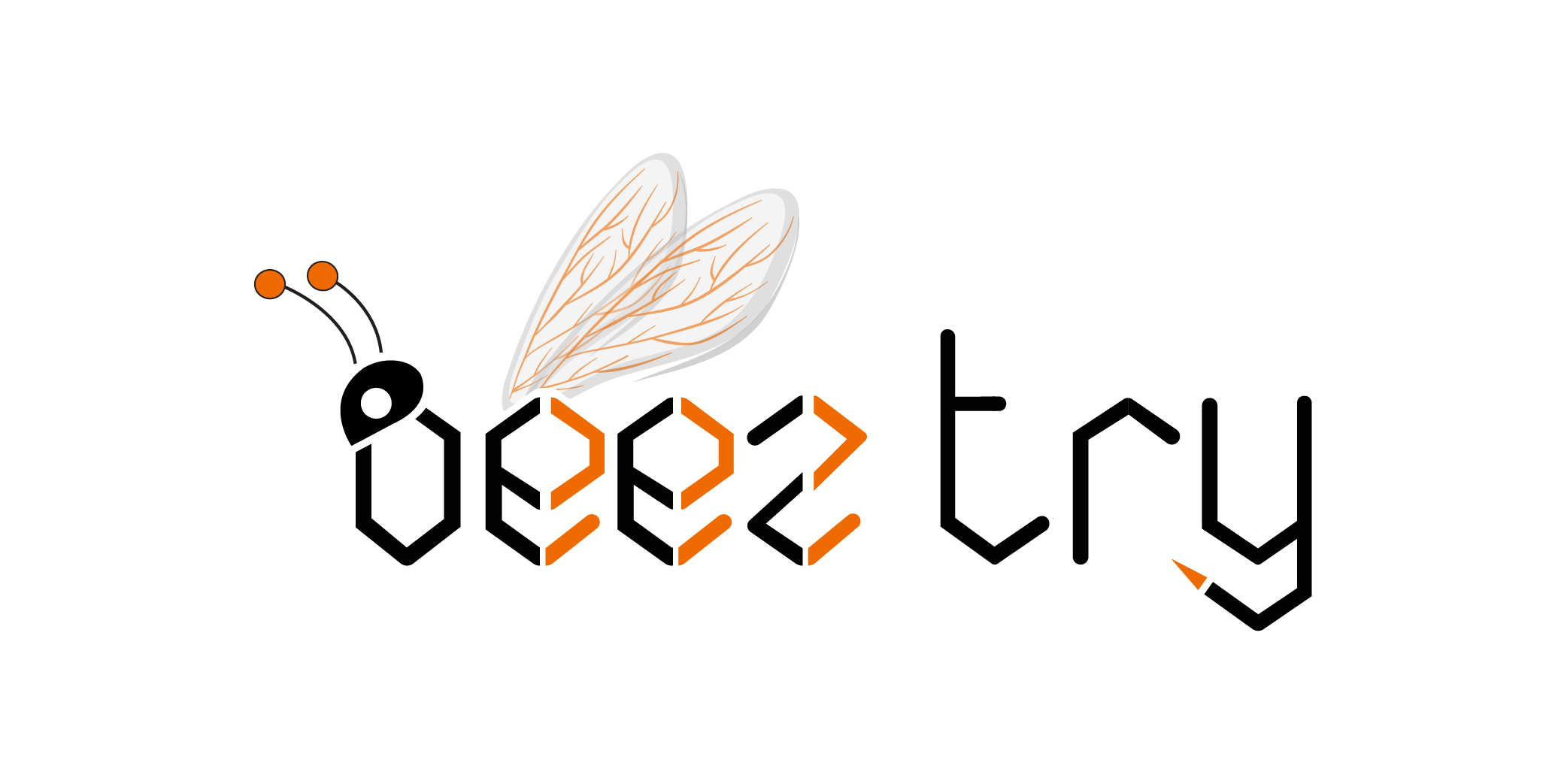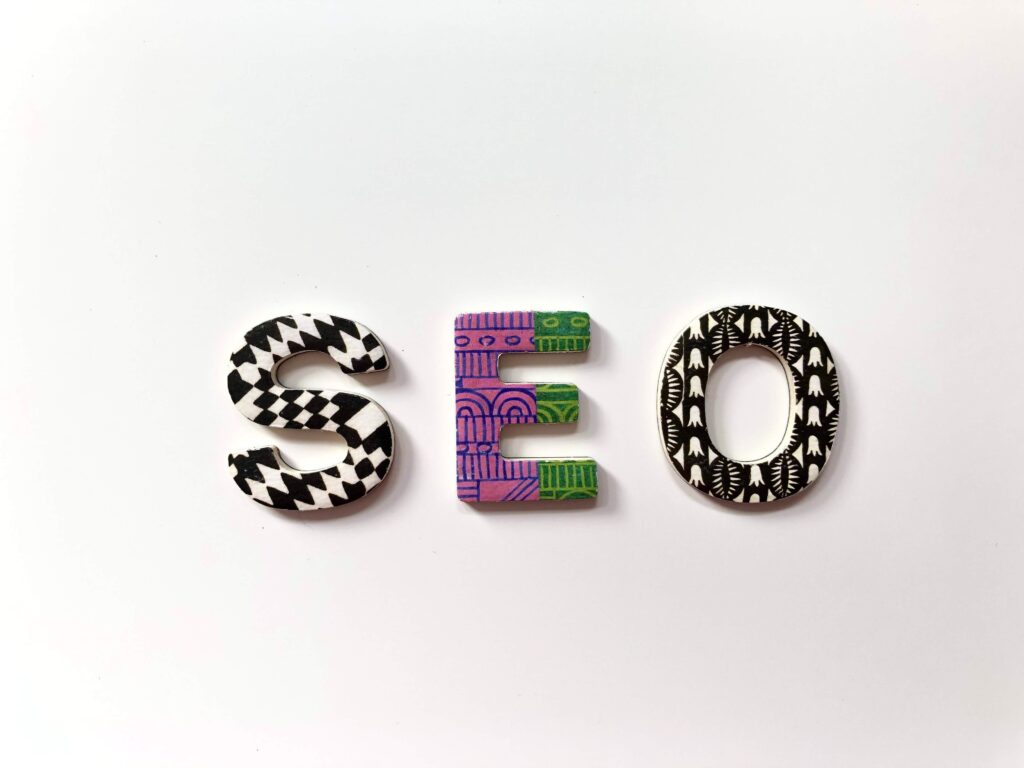Digital Marketing
Digital marketing refers to the use of digital channels, platforms, and technologies to promote products, services, or brands to a target audience. It encompasses a wide range of strategies and tactics designed to engage consumers, drive traffic, and convert leads into customers. Here are the key components of digital marketing:
1. **Search Engine Optimization (SEO)**:
– SEO involves optimizing a website to rank higher in search engine results pages (SERPs). This includes on-page elements like content, keywords, and meta tags, as well as off-page factors such as backlinks and social signals.
2. **Content Marketing**:
– This strategy focuses on creating and distributing valuable, relevant, and consistent content to attract and retain a clearly defined audience. Content marketing can include blog posts, articles, videos, infographics, and more.
3. **Social Media Marketing**:
– Social media marketing leverages platforms like Facebook, Twitter, Instagram, LinkedIn, and others to reach and engage with an audience. It involves creating and sharing content, running advertisements, and interacting with followers.
4. **Email Marketing**:
– Email marketing involves sending targeted emails to a list of subscribers to nurture leads, promote products or services, and build customer relationships. It includes newsletters, promotional campaigns, and personalized messages.
5. **Pay-Per-Click (PPC) Advertising**:
– PPC advertising allows businesses to place ads on search engines and other platforms, paying a fee each time their ad is clicked. Google Ads and Facebook Ads are popular PPC platforms.
6. **Affiliate Marketing**:
– In affiliate marketing, businesses reward affiliates (partners) for driving traffic or sales to their website through the affiliate’s marketing efforts. It often involves commission-based incentives.
7. **Influencer Marketing**:
– This strategy involves partnering with influencers—individuals with a large and engaged following on social media—to promote products or services. Influencers help brands reach a wider and more targeted audience.
8. **Analytics and Data Analysis**:
– Digital marketing relies heavily on data and analytics to measure the effectiveness of campaigns. Tools like Google Analytics help marketers track website traffic, user behavior, and conversion rates to optimize their strategies.
9. **Mobile Marketing**:
– With the rise of smartphones, mobile marketing focuses on reaching consumers through their mobile devices. This includes mobile-friendly websites, apps, SMS marketing, and location-based services.
10. **Video Marketing**:
– Video marketing involves creating and sharing videos to promote products, explain concepts, or engage with an audience. Platforms like YouTube, TikTok, and Instagram are key channels for video marketing.
Digital marketing is dynamic and continually evolving, driven by advances in technology and changes in consumer behavior. It provides businesses with powerful tools to reach a global audience, track performance in real-time, and adjust strategies for maximum impact.



